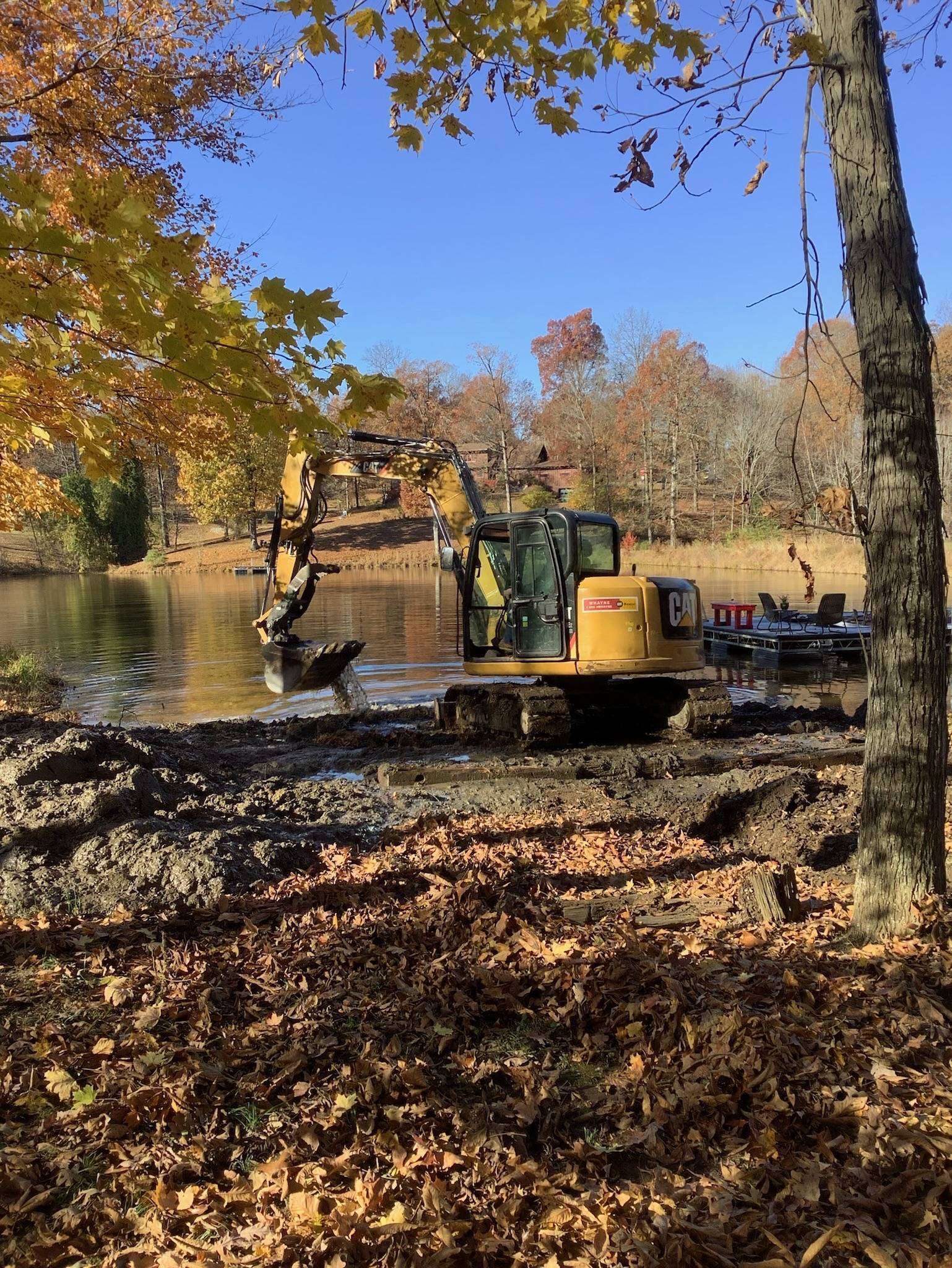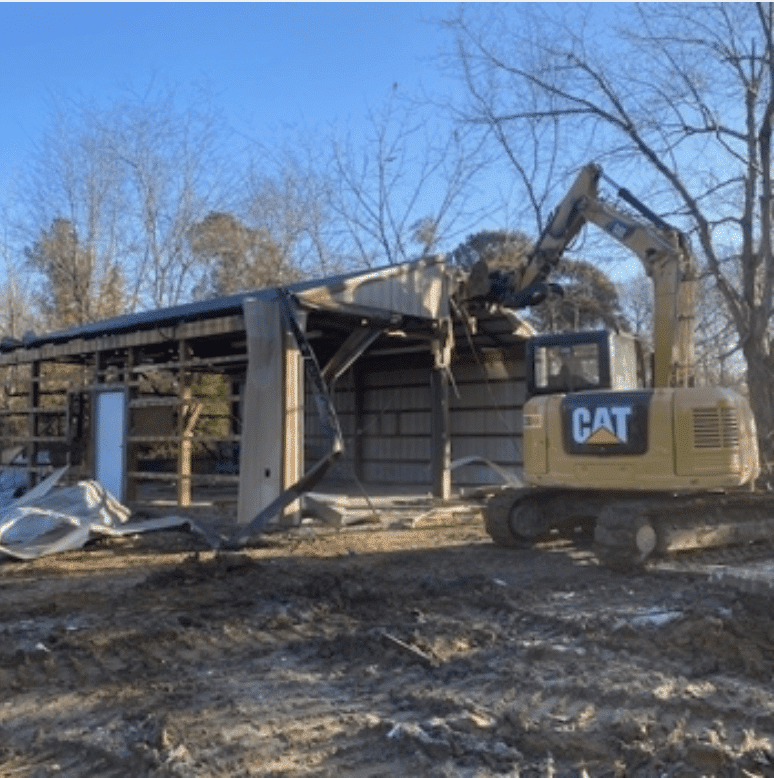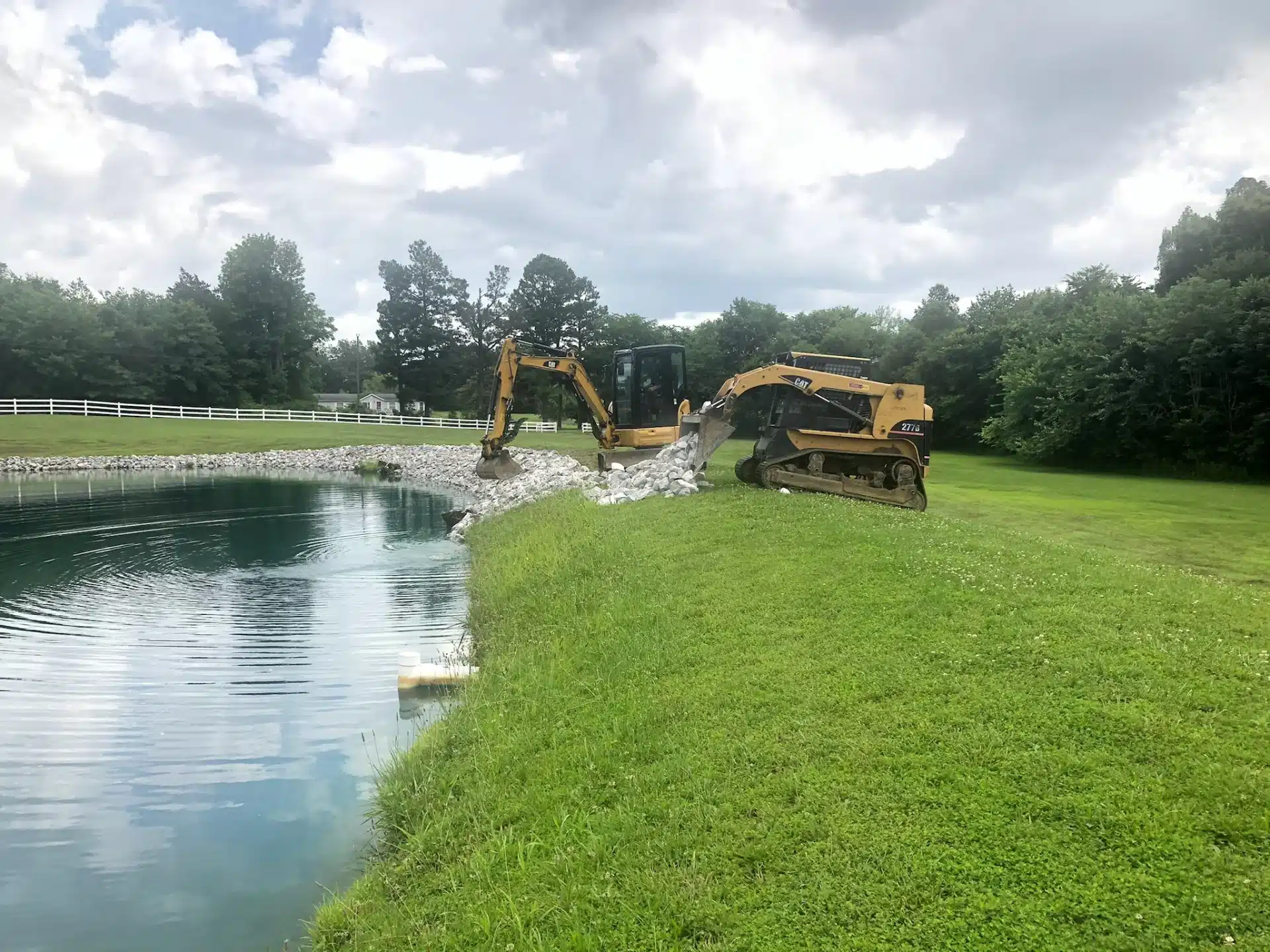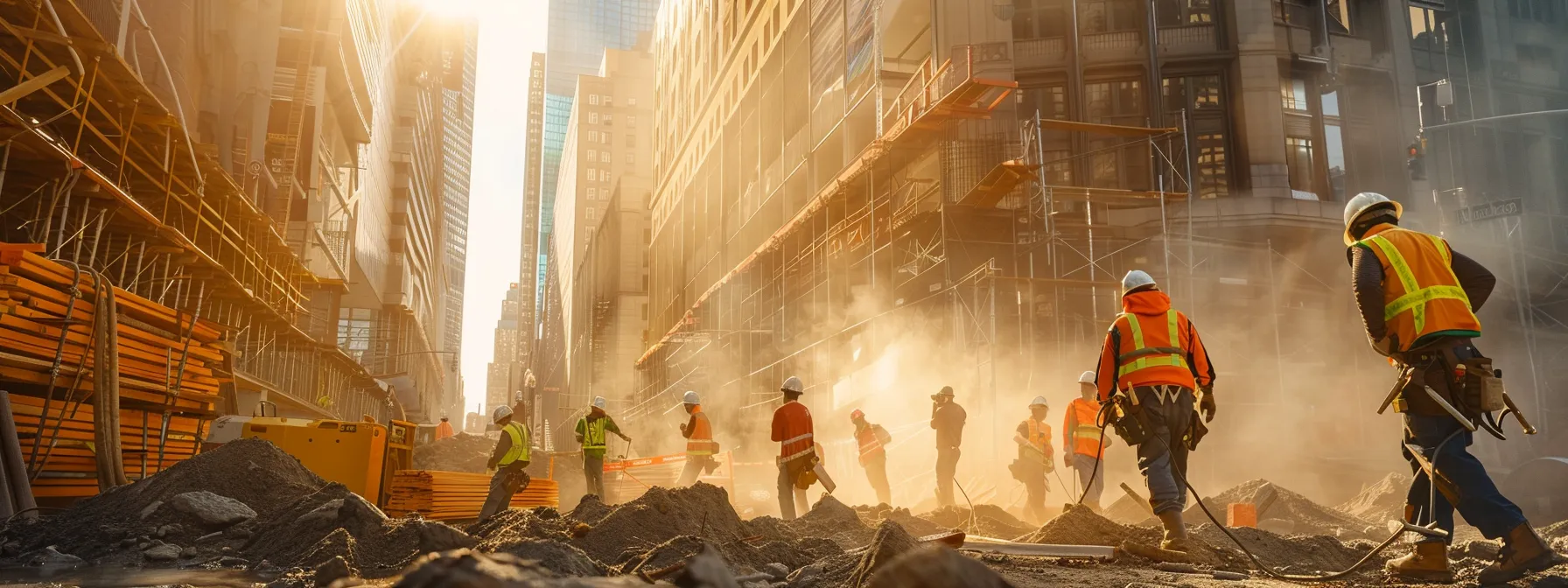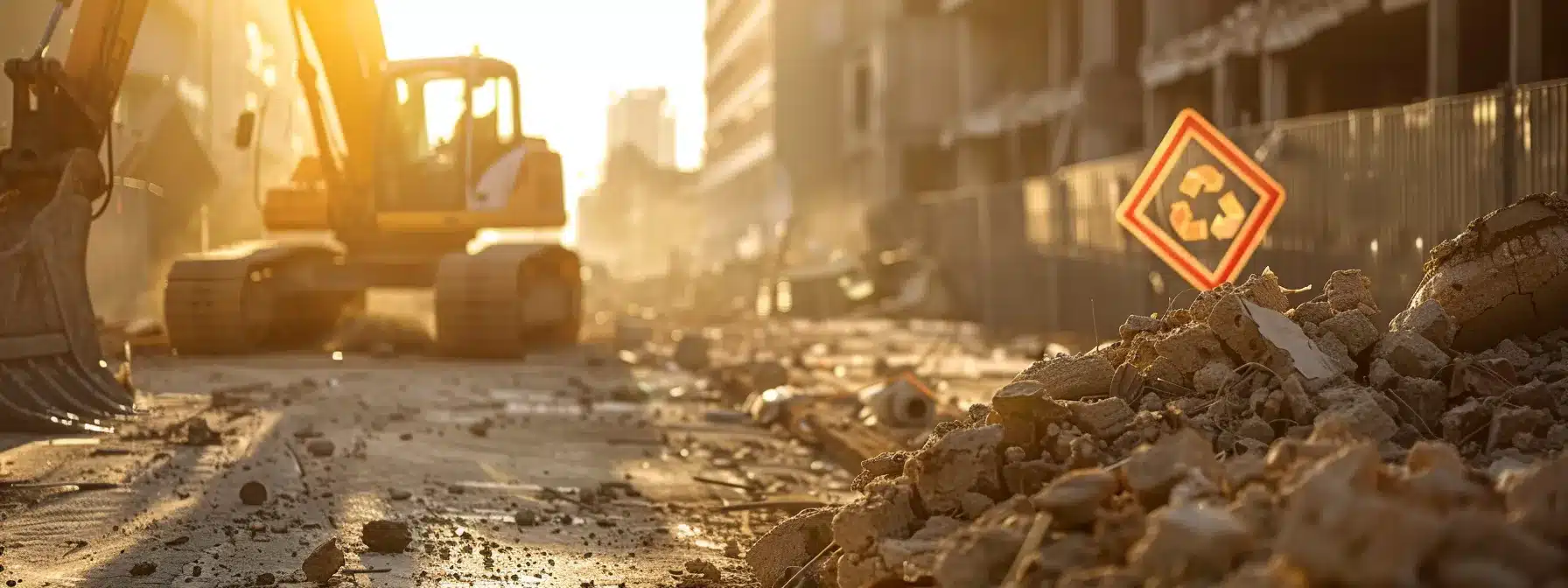Excavation safety is about preventing and reporting hazardous conditions. By paying close attention to the details, you’ll minimize the risks to yourself and others and hopefully prevent accidents from happening in the first place. Excavation hazards are classified into two broad types: those related to soil instability (and the collapse of excavations) and safety issues when working on or near electric power lines.
Definitions
Excavation is the process of enlarging existing cavities or creating new ones on the earth. It is a vital part of construction and engineering activities and an important tool for archeologists and geologists.
Types of Soil Collapse
Soil collapse is a serious hazard that can occur when excavations are made adjacent to or over the sloping ground. It can also be caused by natural phenomena, such as heavy rainfall or earthquakes. The unstable soil often gives way suddenly and without warning, causing serious injury or death to anyone working in the area.
There are three main types of soil collapse:
Subsidence: This is the most common form of soil collapse and occurs when an unsupported hole begins to cave in. This type of collapse happens slowly and can often be seen coming by watching the walls of the excavation for cracks or bulges before it happens.
Slump: Slumps occur when water seeps into a trench and lubricates the surrounding earth, causing it to slump into the hollow space created by the water. Slumps usually happen when there has been heavy rainfall before digging or when there is standing water present in an excavation.
Sinkhole: A sinkhole occurs when a large void develops underground, causing surface material above it to be unsupported by solid ground and fall through into the void below.
Shoring and Shielding
When excavating in areas with high water tables or unstable ground conditions, shoring and shielding may be required to ensure the safety of workers. Shoring involves placing support structures in trenches to prevent cave-ins and other collapses.
Shielding is another way to protect workers from cave-ins, falls, and other hazards while working in trenches or pits. It involves placing protective materials around the excavation area that will catch falling debris and soil and protect against accidental contact with power lines or other hazardous areas near the site. Shoring removal should always be done by trained personnel only after workers have exited the trench safely.
Working Near Power Lines
When working near power lines, you need to make sure that you wear proper safety equipment such as hard hats, goggles, ear muffs, and gloves. You also need to avoid touching any live wires or pulling them down with equipment that may cause sparks. If possible, avoid using metal tools near live wires as they may spark or rub against steel pipes which could cause a short circuit if they are energized. If you must use tools near live wires, ensure they are insulated as much as possible with rubber gloves or other protective gear to protect yourself from electrical shock.
Stability and Adjacent Structures
Excavation work can be dangerous if it affects the stability of an adjacent structure. The contractor must take precautions to ensure this does not happen. For example, excavation work on the footings for a building may cause instability if it goes too deep into the ground or if it cuts into supporting columns. The contractor needs to be aware of these risks before starting any work. If there are concerns about stability or adjacent structures, the employer should seek expert advice from a professional engineer before proceeding with excavation work.
Conclusion
Working in the geotechnical industry is an important and often under-appreciated field necessary to maintain our infrastructure and communities. Fortunately, contributing to public health and safety can be a rewarding job—a career that allows for professional development, networking opportunities, and having a lasting impact on society. Supreme Enterprises, LLC takes every possible precaution when performing excavation activities. Give us a call to inspect your property and excavation needs.

